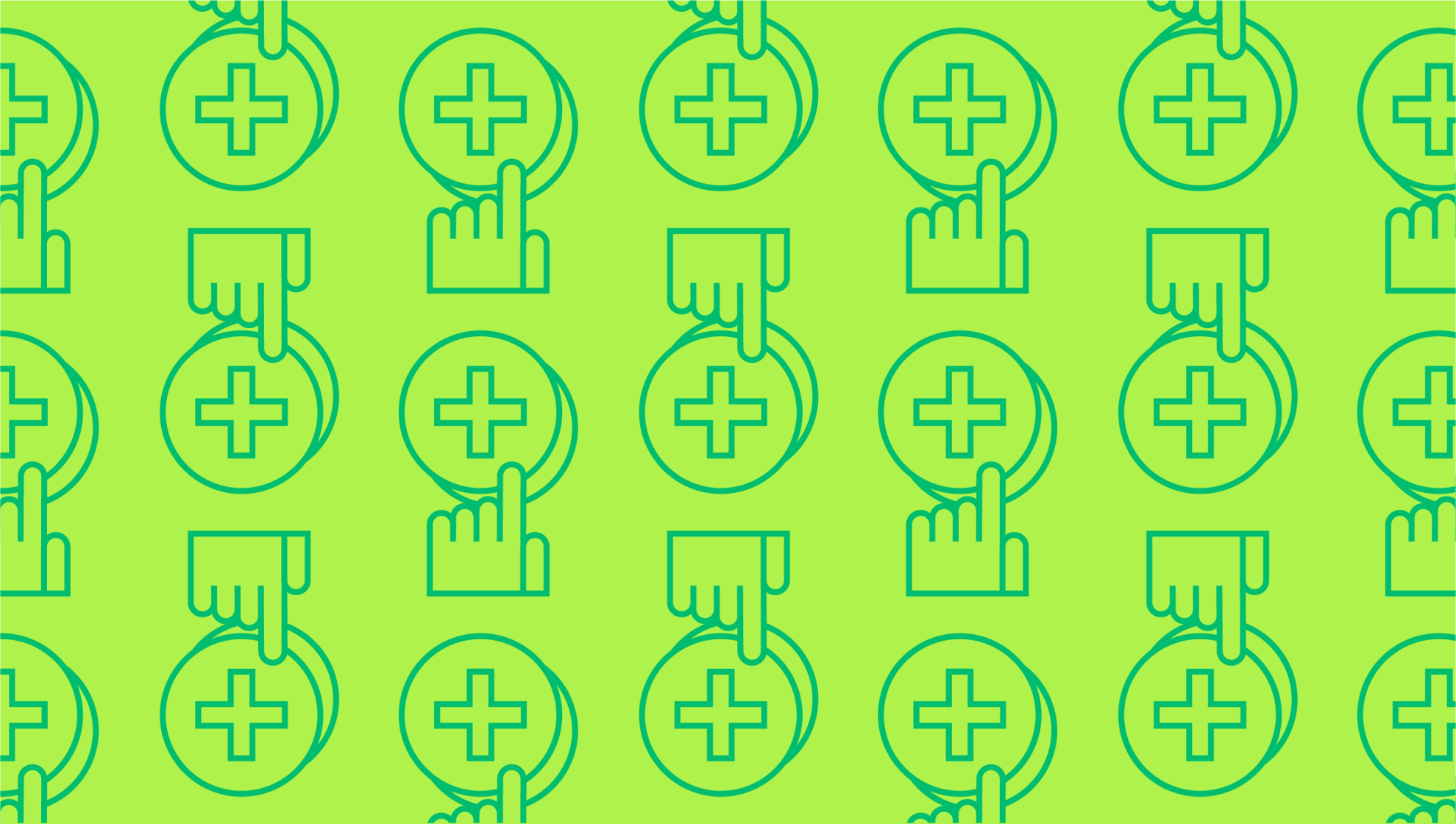
How to convince a customer to pay a debt
Last editedMar 20223 min read
It’s preferable to avoid having customers run up arrears in the first place. Sometimes, however, this does happen. This means that it’s useful to know how to convince a customer to pay their debt. The following debt collection tips will help reduce the number of customers who renege on their debt obligations.
In general, the way to convince a customer to pay their debt is to eliminate any excuses for non-payment. This concept should be applied right from the start of your business relationship to minimise issues with non-payment. Only if this does not work should you move on to formal requests and, potentially, enforcement action.
Move customers onto Direct Debit
Moving customers onto Direct Debit eliminates all the administrative issues that can derail payments through other channels. The key reason for this is that Direct Debit is a pull-based system. That means that all your customer has to do is create a Direct Debit mandate by filling in a short form. After this, you can charge them automatically on the agreed date.
If a client is wary about the pull-based nature of Direct Debits, then you can educate them on the Direct Debit Guarantee. This applies to all payers, including businesses, not just consumers.
If a client is still reluctant to move to Direct Debit, you may wish to consider respecting their preference as long as they pay in full and on time. If, however, you start having issues with late payments, then you may wish to think about taking a firmer stance.
Direct Debits and accounting software
Another reason for moving customers onto Direct Debits is that GoCardless integrates with major accounting packages including Xero, Quickbooks and Sage. This means that you can simply keep track of a client’s outstanding balance in your accounting package. Your software will then automatically create, charge and reconcile payments as appropriate.
This is a convenient way to minimise administration at the best of times. It’s even more useful if you’re managing a client in debt. You may need or choose to make special payment arrangements with them. For example, you might set a low recurring payment and top it up with ad-hoc payments. Using proper accounting software can help to keep track of this.
Use the phone as well as emails
One of the most important debt-collection tips you can learn is to use the phone as well as email. Businesses tend to have a habit of putting everything in writing. In many ways, that’s a very positive habit. Sometimes, however, you can get a lot further a lot faster by picking up the phone.
Phone calls are much harder to overlook (or ignore) than emails. They don’t get accidentally trapped in spam quarantine systems, either. If you can get someone to pick up a phone, then you establish a human connection. Getting somebody at the client’s side to pay attention to your claim is often a prerequisite to getting your claim resolved.
Consider signing up with a credit bureau
When you sign up with a credit bureau, you agree to report your client’s payment history to them (all of it). This creates a record of who pays in full and on time and who does not. These credit records can be extremely important to a business (and also to individuals). Creditors may therefore be encouraged to pay up quickly to keep them in good order.
Decide how far you are prepared to go
In general, if you make it easy for customers to do what you want them to do, there is an excellent chance they will do it. There may be occasional hiccups but it’s usually possible to resolve these through negotiation and/or persistence. Occasionally, however, you may have the bad luck to encounter a client who will just flat out refuse to pay.
If this happens to you, then, you essentially need to take a decision on whether or not you’re prepared to take the issue all the way to court and beyond. It’s important to note the “beyond” part as it can make a huge difference.
A court judgement in your favour simply confirms that you are entitled to money. You still need to go through the process of collecting it. If a client has not been cooperative up to that point, then just getting a court judgement may not be enough to convince them to pay up without further action.
We can help
If you’re interested in finding out more about how to convince a customer to pay their debt, then get in touch with our financial experts. Find out how GoCardless can help you with ad hoc payments or recurring payments.

